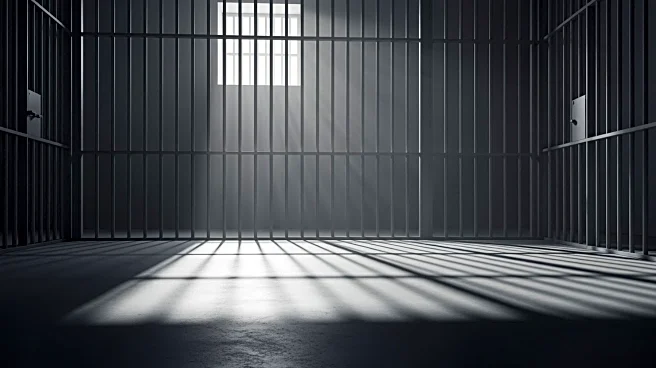What's Happening?
The Toronto International Film Festival (TIFF) initially uninvited Barry Avrich's documentary, 'The Road Between Us,' from its lineup due to concerns over legal clearances of footage. The film, which documents retired Israeli General Noam Tibon's rescue mission during the October 7th attacks by Hamas, faced removal because of footage from Hamas body cams and security cameras. However, following protests from the film community and Zionist groups, TIFF reversed its decision and included the documentary in its schedule. The film highlights Tibon's efforts to save his family and others during the attacks, showcasing his heroism and leadership.
Why It's Important?
The reversal by TIFF underscores the influence of global pressure and the importance of artistic freedom in film festivals. The decision to initially exclude the documentary raised questions about censorship and the role of film festivals in promoting dialogue and debate. The inclusion of the film after protests highlights the power of community and media influence in shaping festival decisions. This event also brings attention to the complexities of depicting real-world conflicts in documentaries, especially when sensitive footage is involved. The film's screening could impact public perception of the events it portrays and the individuals involved.
What's Next?
The documentary is set to premiere on September 10, and its reception could influence future festival policies regarding controversial content. The film's screening may prompt discussions on the ethical considerations of using real-life footage in documentaries. Additionally, the film's portrayal of General Tibon's actions could spark debates on leadership and heroism in crisis situations. The response from audiences and critics will likely shape the narrative around the film and its subjects, potentially affecting future projects by Barry Avrich and similar filmmakers.
Beyond the Headlines
The controversy surrounding the film's inclusion at TIFF highlights broader issues of antisemitism and anti-Zionism, as noted by Avrich. The film's journey to the festival reflects ongoing tensions in how media and art address complex geopolitical issues. The situation also raises questions about the responsibilities of film festivals in balancing artistic expression with political sensitivities. The documentary's focus on a personal rescue mission amidst a larger conflict may offer a unique perspective on individual agency and moral choices in times of crisis.








